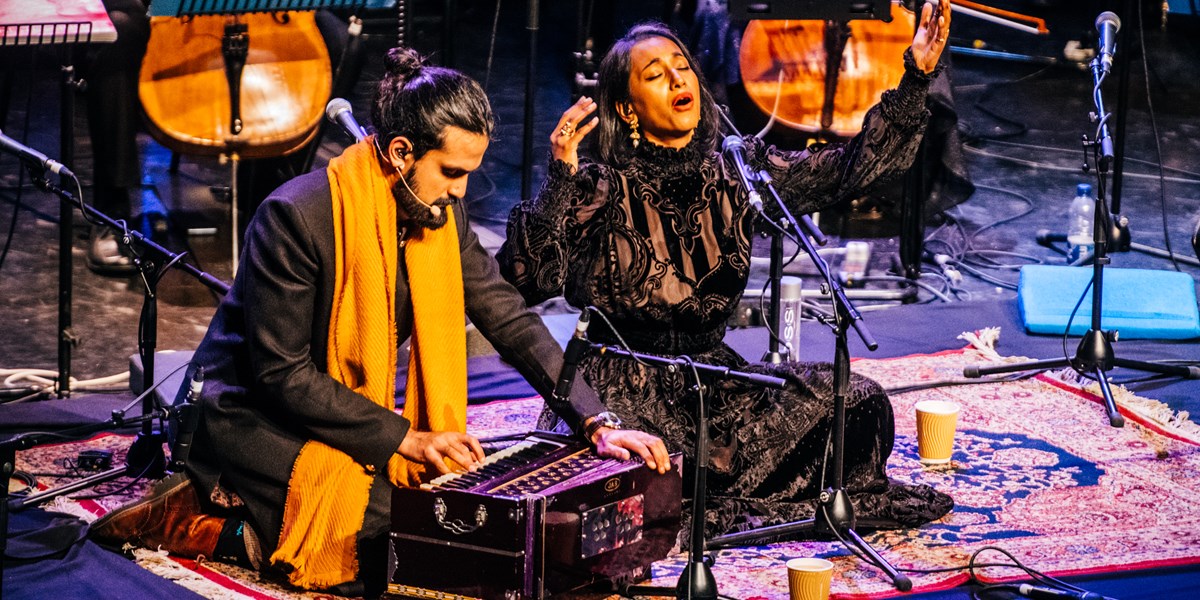Saturday, September 17, 2022
The Orchestral Qawwali Project interview: "My parents were very open-minded about spirituality"
Abi Sampa and Rushil Ranjan speak about the divergent paths leading them to their singular devotional music


Register now to continue reading

Thanks for visiting the Songlines website, your guide to an extraordinary world of music and culture. Sign up for a free account now to enjoy:
- Free access to 2 subscriber-only articles and album reviews every month
- Unlimited access to our news and awards pages
- Our regular email newsletters

